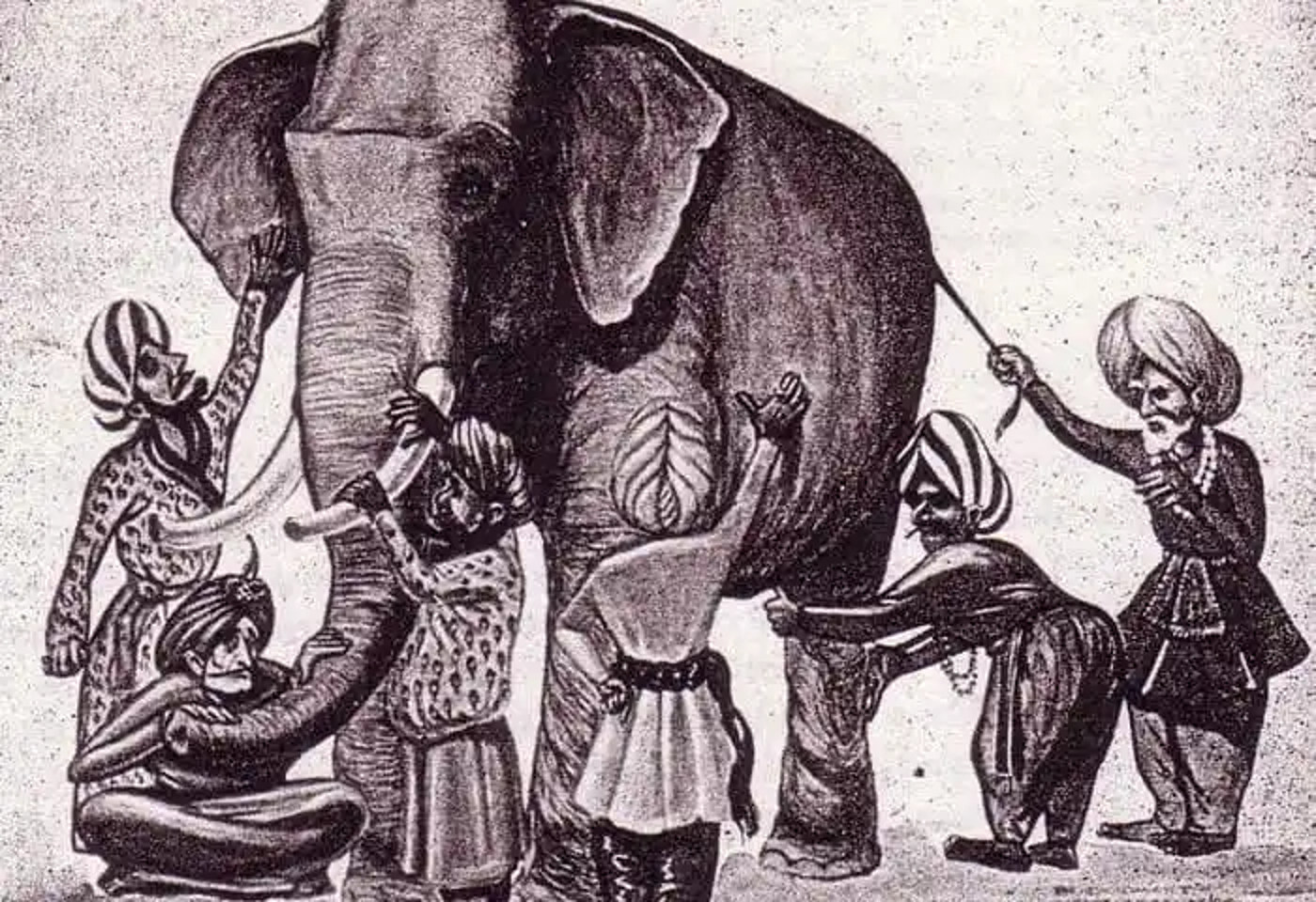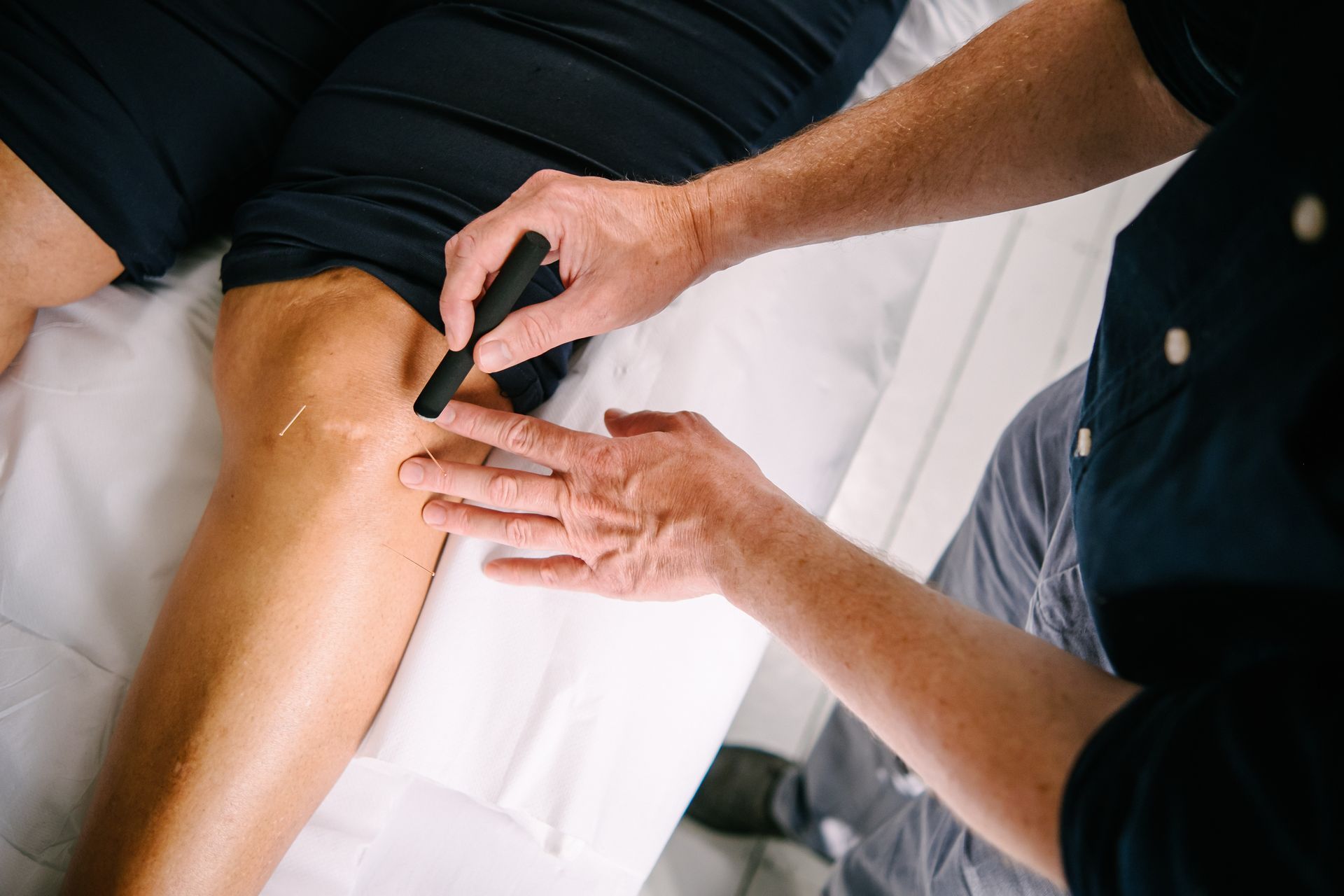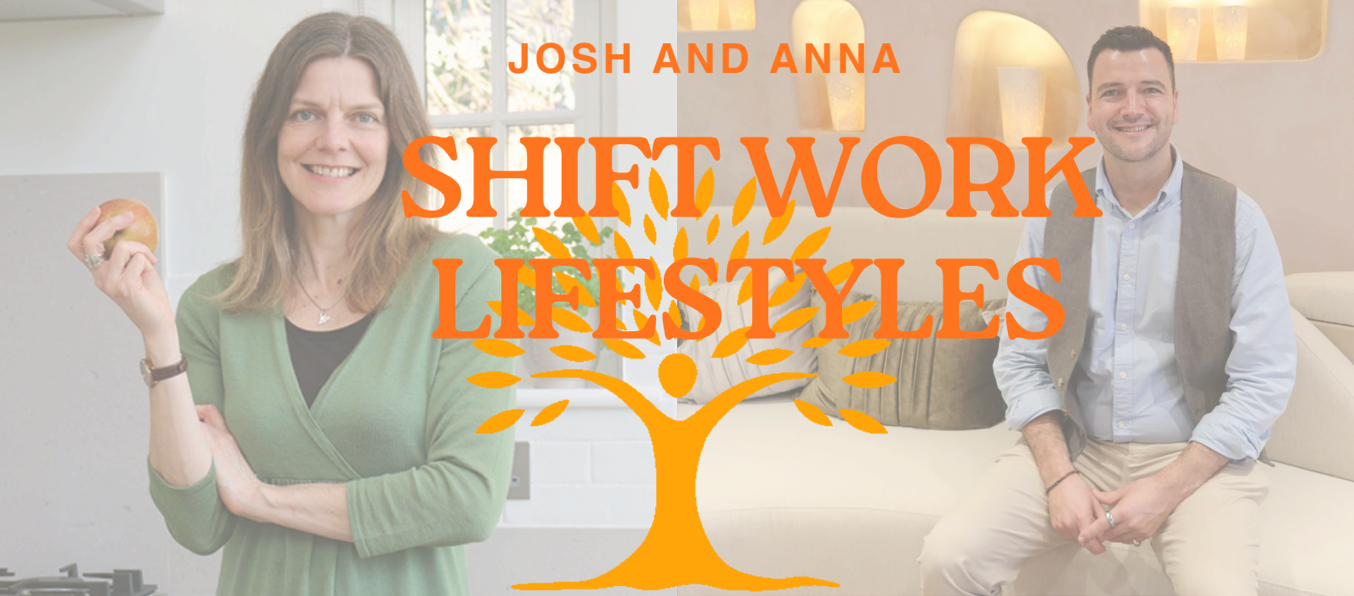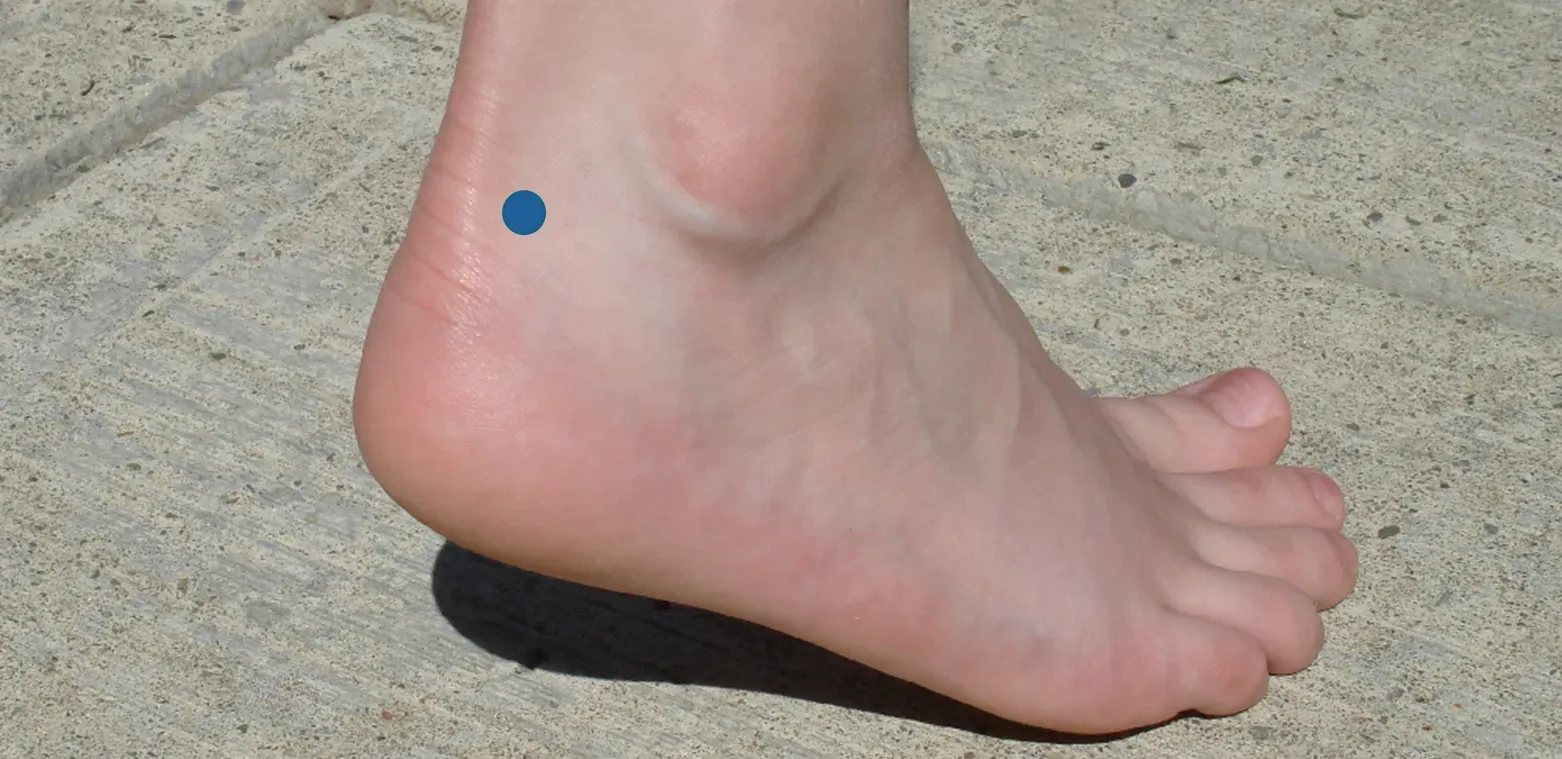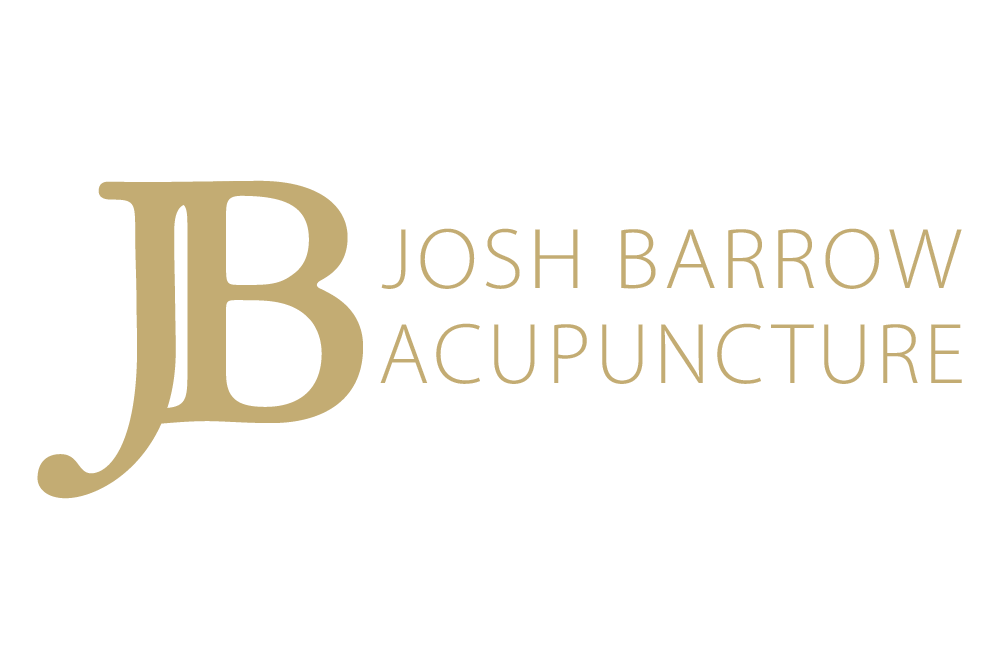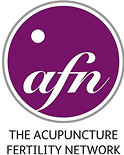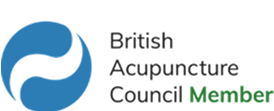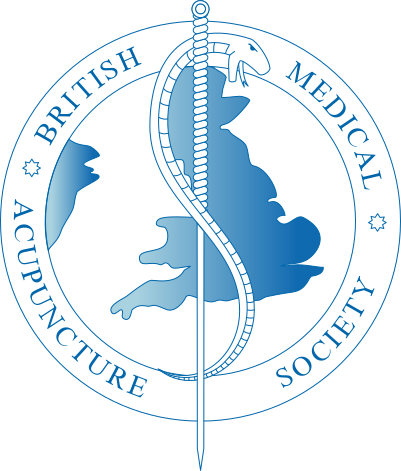My Talk on Emotions
Acupuncture is more than just a treatment for pain—it's a holistic approach to health that deeply connects emotions and physical well-being. This ancient practice works by promoting the free flow of Qi (vital energy) throughout the body, addressing everything from chronic illness and fatigue to emotional imbalances like stress, fear, and sadness. By understanding how different emotions affect specific organs, acupuncture helps restore balance and overall health. Learn how this powerful therapy can support both your mind and body on the journey to wellness.
Here is a recording of a talk I did for Meadowside’s Open Day:
A Quick Summary of The Talk
Introduction
Acupuncture, an ancient Chinese practice that has stood the test of time, offers a unique perspective on health and healing. In a recent presentation by Josh from Just Life Balance, the importance of emotions in the context of acupuncture and their role in promoting a healthier life was explored. In this blog post, we delve into the fascinating world of acupuncture and its profound connection to our emotions, shedding light on how this ancient practice can enhance our well-being.
The Power of Acupuncture
Acupuncture is a holistic healing modality with a diverse range of applications. It can be effective in addressing acute injuries like lower back pain and chronic illnesses with complex underlying factors. Conditions ranging from mental health issues and fatigue to autoimmune disorders, digestive problems, headaches, migraines, Women's Health concerns, fertility, and insomnia can all find relief through acupuncture. What sets acupuncture apart is its unique perspective on health, viewing the body through a different lens than Western medicine.
Understanding the Body's Unique Perspective
One of the fundamental differences in the way acupuncture approaches health is the concept of Qi, often referred to as vital energy. Qi flows through the body, influencing physiological processes and transformations. Acupuncture aims to manipulate the flow of Qi, promoting what is known as "free flow," a state of balanced health.
To achieve this, acupuncture considers the "Three Treasures" of Jing (physical form), Qi (movement and change), and Shen (spirit). By influencing a person's Qi, acupuncture can affect both physical manifestations of illness and emotional well-being. The radiance in a person's eyes often reflects the state of their Shen, which acupuncture can help restore.
"When there is no free flow, there is pain," is a core principle of acupuncture. Stagnation of Qi or energy often leads to discomfort, while the free flow of Qi promotes overall health. This concept may seem abstract, but it is an integral part of how acupuncture views the body and its balance.
Channels and Points: The Pathways to Health
Acupuncture works through manipulating specific points on the body's channels, promoting the smooth flow of Qi. These channels, or meridians, are pathways that conduct Qi throughout the body. There are over 365 acupuncture points, each with its unique influence. Acupuncturists strategically choose points based on the patient's condition to optimise the flow of Qi.
The Emotions and Their Impact
Emotions play a significant role in acupuncture's perspective on health. According to Chinese medicine, "All diseases are rooted in the spirit." Illnesses are categorized into three main types: internal causes (emotions), external causes (climatic influences and environment), and miscellaneous causes (e.g., poisonings). Focusing on internal causes, the emotions have a profound impact on the body's balance.
Each emotion is associated with specific organs and elements in Chinese medicine:
- Anger - Liver
- Worry - Spleen and Stomach
- Sadness - Lungs
- Fear - Kidneys
- Joy - Heart
These associations reveal how different emotions can affect our physical well-being. For instance, anger can lead to muscle tension, high blood pressure, and headaches, all linked to the liver's imbalance.
Maintaining Emotional Balance
Chinese medicine emphasizes the importance of maintaining a balanced emotional state. Experiencing a range of emotions is natural, but getting stuck in one emotional state can lead to stagnation and illness. Acupuncture aims to help individuals flow freely between emotions, allowing for a natural rhythm and cycle. The goal is not to suppress emotions but to prevent them from becoming obstacles to overall health.
The Diagnostic Process in Acupuncture
In acupuncture, the diagnostic process involves a combination of questioning, listening, touching, smelling, and looking. Acupuncturists ask patients about their health, listen to their experiences, and observe various diagnostic indicators to understand their condition fully.
The diagnostic process includes:
- Pulse diagnosis: The pulse provides insights into the patient's condition, revealing imbalances and specific issues.
- Palpation: Acupuncturists may palpate the body to identify areas of tenderness or discomfort.
- Complexion, nails, tongue: These physical characteristics offer further clues about the patient's health.
- Smell: In some cases, body odor can provide information about imbalances.
Emotions are also considered during this process. Understanding a patient's emotional state helps acupuncturists create a comprehensive treatment plan.
Acupuncture Treatment: Balancing Emotions and Qi
The primary objective of acupuncture treatment is to restore the free flow of Qi and blood throughout the body. Acupuncture points are strategically chosen to manipulate Qi and balance the body's energy.
For example, Kidney 3 is a point often used to address fear and provide grounding. Acupuncture treatments are not only about the needles; they offer a safe space for patients to feel heard, supported, and emotionally cared for.
Conclusion
Acupuncture is a holistic approach to health that considers the deep connection between emotions and physical well-being. By promoting the free flow of Qi and addressing emotional imbalances, acupuncture offers a unique path to wellness. Whether you're dealing with chronic illness or simply seeking emotional support, acupuncture can be a valuable tool in your journey to better health.
If you have questions or are interested in exploring acupuncture as a means of improving your well-being, don't hesitate to reach out to a qualified acupuncturist. Your path to health and balance may be just a treatment away.
Recent Posts
